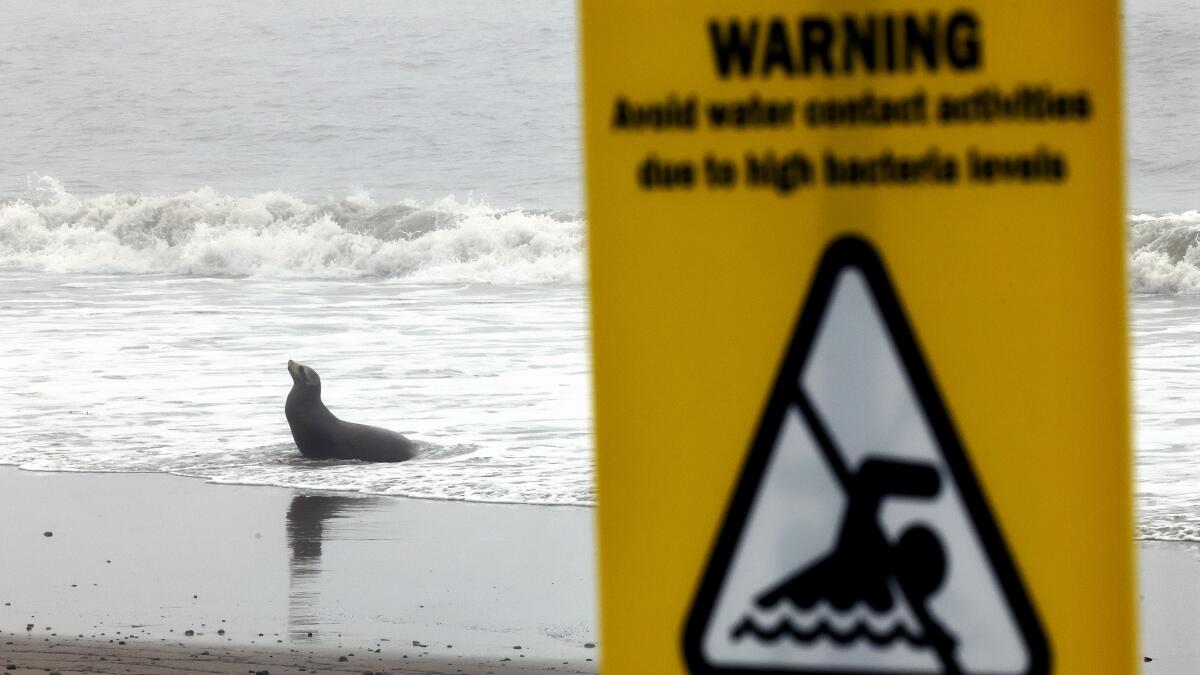Flames Subside, Waves Beckon: L.A. County Beaches Get Green Light for Swimmers

Good news for beach-goers! The Los Angeles County Department of Public Health has officially lifted the ocean water advisory that previously stretched from Las Flores State Beach to Santa Monica State Beach. Beachgoers can now enjoy the coastal waters with renewed confidence, as health officials have determined that water quality has returned to safe swimming conditions. Visitors are encouraged to check current beach conditions before heading out and continue to follow standard water safety guidelines.
